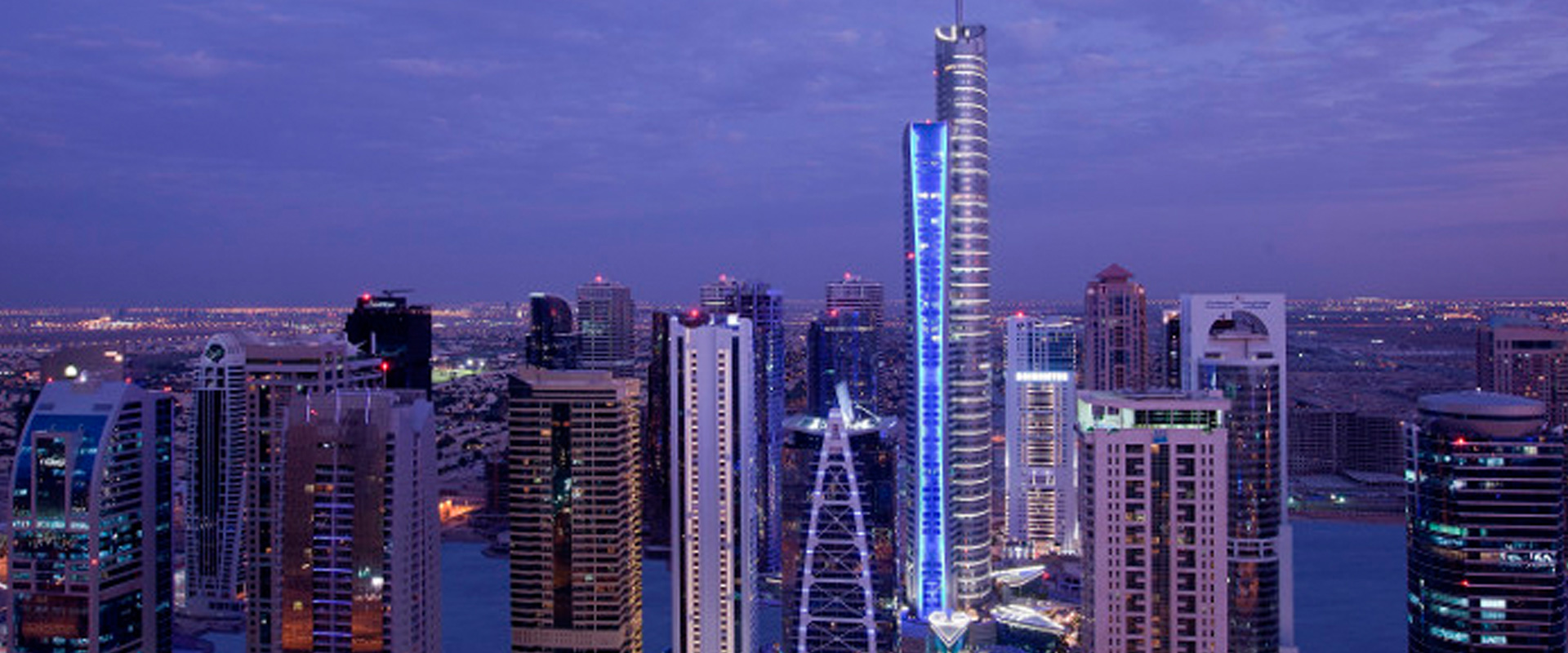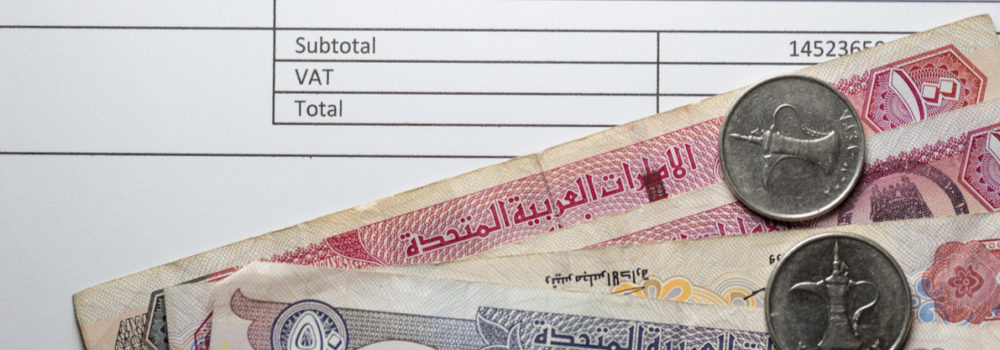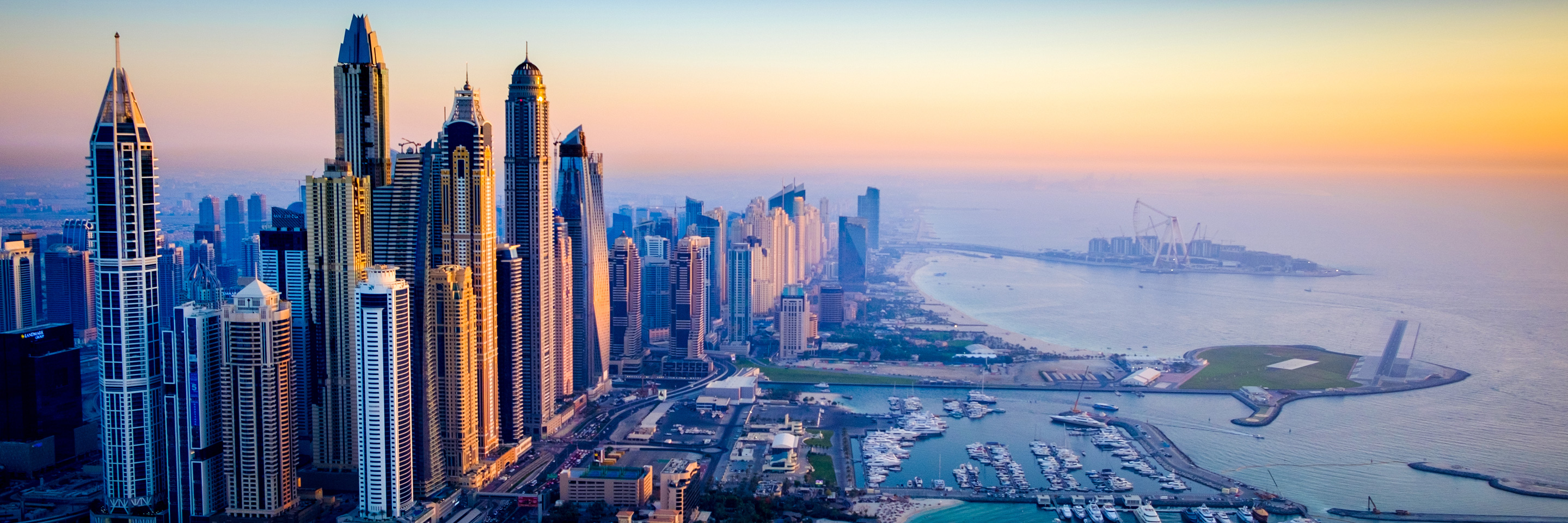Moving to a new country comes with its fair share of financial implications. While a salary hike and lifestyle upgrade may drive your decision to relocate, the ground reality can be a bit more complicated. The team over at Souqalmal.com have put together this list of the top five financial aspects to consider if you’re headed for a stint in the UAE, to help make your transition a smooth one.
Relocation, at the outset, can be quite daunting. You are required to adjust to a foreign environment, become acquainted with the new lifestyle, get settled in your job and build a new social support network – all at the same time. But more important is figuring out how your everyday finances will be affected so you can better manage your new source of income and ensure that your financial decisions are in line with your aspirations.
Below, we’ve listed the top five financial aspects to consider when relocating to the UAE.
-
Banking
The UAE has a robust banking sector regulated by the country’s Central Bank. Many locally established banks as well as multinational banks are licensed by the Central Bank to operate in the UAE under local regulations.
For private banking purposes, residents have the option to choose between conventional banking or Islamic banking. The Islamic banking services are governed by the Sharia law, which is fundamentally based on Islamic principles. Irrespective of whether you’re a local or an expat, you can choose either of these two types of banking services.
With hundreds of bank products like bank accounts, credit cards as well as personal, car and home finance products on offer, it helps to do your research before signing up for one.
And if you’re interested in managing your savings and investments through an offshore location, you won’t be out of options. There are a number of financial service providers offering seamless offshore banking services for expats living in the UAE.
-
Insurance
There are a large number of foreign and local insurance companies in the UAE that provide all categories of insurance plans with various degrees of insurance coverage. Residents can also avail Sharia compliant Takaful insurance plans, which operate on Islamic principles of cooperation, protection and mutual responsibility.
It is mandatory for individuals seeking a resident UAE visa to obtain a health insurance plan. While the employer provides health insurance coverage for its employees, you may have to buy insurance for your family members and domestic staff. Additionally, life insurance comes as an obligatory feature with a mortgage. All vehicle owners are also required to obtain at least a minimum level of third-party insurance cover before vehicle registration. All other insurance plans are elective.
An easy way to choose and enroll in an insurance scheme in the UAE is through an insurance aggregator. Insurance comparison portals like Souqalmal.com can help you get a good overview of the market with side-by-side evaluation of products and a quick and secure online purchase process.
-
Remittances
UAE is one of the biggest bases of outward remittances with the last quarter of 2018 alone seeing more than Dh39.9 billion transferred, according to recent data released by the Central Bank of the UAE.
With banks and exchange houses in neck and neck competition, remittance from the UAE has become extremely fast and convenient. If you intend to regularly send money back home, it is wise to do your own careful comparison of exchange rates, transfer fees and processing times before settling on a transfer service.
-
Saving & Investing
No matter how disciplined you think you are, with everything that the UAE has to offer, it is extremely easy to overspend. Here are some easy ways to keep your spending in check:
- Save before you spend, and automate your savings
- Live within your means
- Buy things you need, not want
- Avoid borrowing money at high interest rates
- Spoil yourself, but within reason
While here, concentrate on investing – be it property, investment funds, national bonds or a business idea. The UAE holds tremendous potential for willing investors and the government is making great strides in transforming the economy and unlocking newer avenues of growth and development.
Offshore investments are also quite popular among UAE residents. Expats invest in their home countries or wherever else they plan to eventually settle. Whether you choose onshore or offshore investments, aim to invest enough to secure a comfortable retirement nest egg.
-
Cost of Living
When relocating, you also have to factor in the cost of living in the UAE which is considerably higher compared to other countries in the region. The main expenditures that bite into a resident’s income in the UAE are housing rent, school fees, groceries, utilities, transportation and childcare.
The cost of living has also increased with the introduction of Value Added Tax (VAT) in 2018. The UAE imposes VAT at a rate of 5 percent on certain goods and services. While education, healthcare, oil and gas, transportation and real estate have either been assigned a zero-rated tax or are tax-exempt; the additional tax on other items and services still translates to a rise in the general cost of living.
This post was written for us by Ankita Singh, Head of Content at Souqalmal.com
If you found this useful, you might also like:
The best cities to study Arabic in the Middle East










